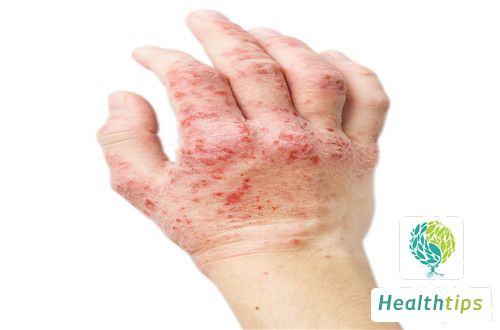At what age does a woman become considered a "older mother" or "advanced maternal age"?
Female fertility has an appropriate age range, and it is not necessarily the case that earlier is better. However, older age can bring many risks. In our daily lives, we often hear discussions about older expectant mothers, and generally, we associate this term with women of a certain advanced age. Yet, when it comes to specific age divisions, fewer people may have a clear understanding. So, what is the definition of an older expectant mother? Let's explore this topic further.

An older expectant mother refers to a woman who is pregnant for the first time at age 35 or above. Generally speaking, after age 35, a woman's body begins to decline, and there is a higher likelihood of intrauterine growth retardation and preterm birth for older expectant mothers. Additionally, the risk of complications increases. These manifestations can include: low birth weight in preterm or full-term infants compared to normal infants of the same gestational age, an increase in unexplained fetal deaths, and a relatively higher rate of congenital malformations. Therefore, special attention should be paid to prenatal monitoring and examination.
Firstly, older expectant mothers require closer attention during prenatal checkups due to a higher risk of difficult childbirth. Essential prenatal screenings for older expectant mothers include Down syndrome screening and amniocentesis, which are not required for younger pregnant women. More attention should be paid to indicators such as blood sugar and blood pressure. Older expectant mothers are prone to conditions such as pregnancy-induced heart disease, pregnancy-induced hypertension, and gestational diabetes. Additionally, they should learn to use fetal monitors to conduct basic fetal heart monitoring at home and draw standard monitoring curves to keep track of fetal development.
Secondly, from a traditional Chinese medicine perspective, older expectant mothers are more prone to miscarriage due to possible decline in kidney qi or insufficiency of qi and blood. Therefore, it is necessary for them to use traditional Chinese medicine for fetal protection and nourishment. A combination of dietary and medicinal therapies can also be adopted to maintain sufficient kidney essence.
Thirdly, adequate sleep is crucial for older expectant mothers to boost their immunity and maintain good physical health for both mother and child. Apart from ensuring 8-9 hours of sleep every night, they should also take a one-hour nap during the midday and incorporate foods like walnuts and wild jujube seeds into their diet.
Fourthly, older expectant mothers should actively manage chronic illnesses such as heart disease, hypertension, diabetes, kidney disease, anemia, vaginitis, and hemorrhoids. During pregnancy, the mother's body undergoes a series of adaptive physiological changes under the influence of hormones to meet the needs of fetal growth and development, which may affect pre-existing conditions. Women with such conditions should consult with relevant specialists before pregnancy to assess their physical condition and determine if they can tolerate the burden of pregnancy.
Lastly, "older mothers" tend to be professionals such as intellectuals and office workers, who often lack necessary physical exercise. Since women over 35 may experience declines in energy, physical strength, and muscle elasticity compared to their twenties, it is especially important for them to engage in physical exercise and physical fitness training before and during pregnancy. Appropriate physical exercise can enhance internal organ function, reduce the occurrence of pregnancy complications, shorten the duration of labor, and prevent birth canal tears and postpartum hemorrhage. Moderate exercise during pregnancy also greatly benefits postpartum recovery.



















